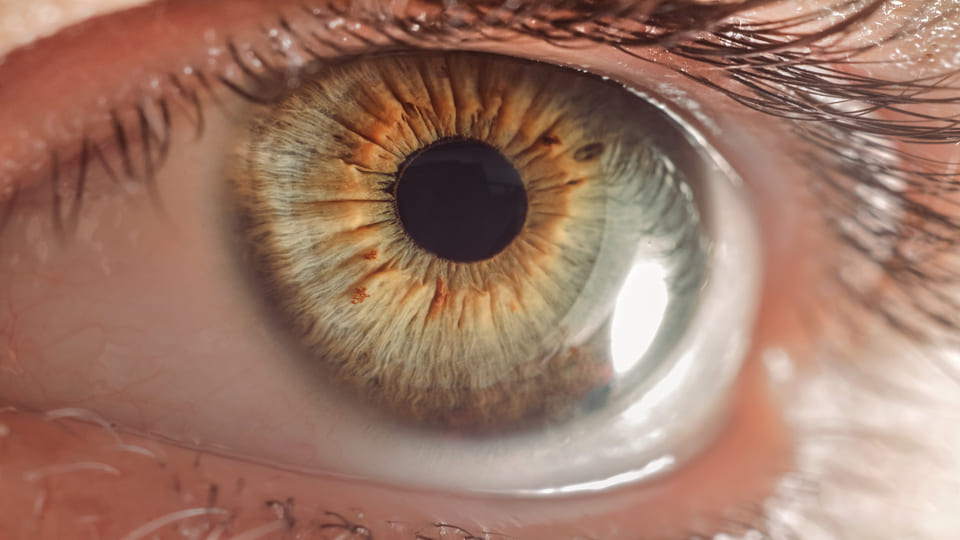Children’s Eye Examinations: When and How to Check Your Child’s Vision
12/01/2026

08/09/2023
What can be done once a patient is diagnosed with a genetic condition in the eye?
If your or your child has been diagnosed with a genetic condition, it means that you suffer from an eye disease that is the result of a faulty copy of a gene. Genes are our main instruction's book that allows our body to function properly. They have been inherited from our parents, half from mother and half from father. So, receiving an incorrect gene means that some organs in your body are not going to work properly, as they do not have the correct information to do so. Heredity eye disease accounts for almost 60% of all incidences of blindness in children such as congenital glaucoma, ocular malformations, atrophy of the optic nerve or retinitis pigmentosa and they are related to approximately 500 different genes. Unfortunately,
Genetic testing is a blood test that can confirm the exact faulty gene running in the family and causing the disease in your eyes. It has mainly 3 benefits:
Genetic testing is a very thorough procedure, that can take up to 4 months to get the results. Most of the times, technology can find the faulty gene, but sometimes can be difficult to identify it and we can get no results. The key to minimize this scenario is to get a proper clinical diagnosis before ordering a test and to interpret the results in the context of the patient’s findings.
The future of treating genetic eye disorders is looking hopeful thanks to genetic therapy and other technologies around it. In the meantime, we need to take steps to ensure we prepare ourselves for treatment. We recommend to visit your eye doctor and discuss the needs of getting a genetic testing done if you suffer from a genetic eye disease.
Written by:
Dr. Elisa Carreras Bertran
Consultant Ophthalmologist